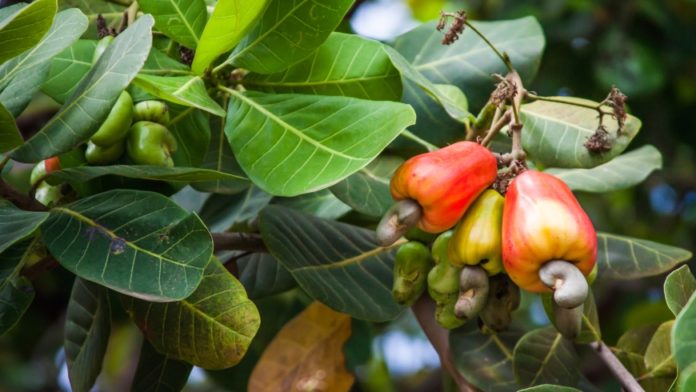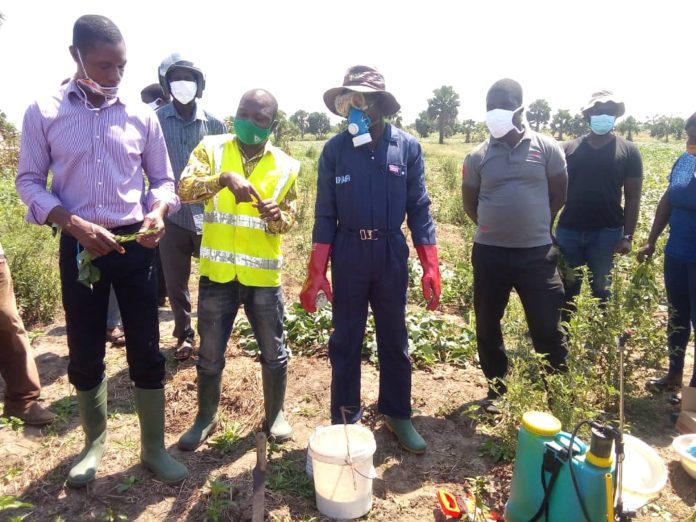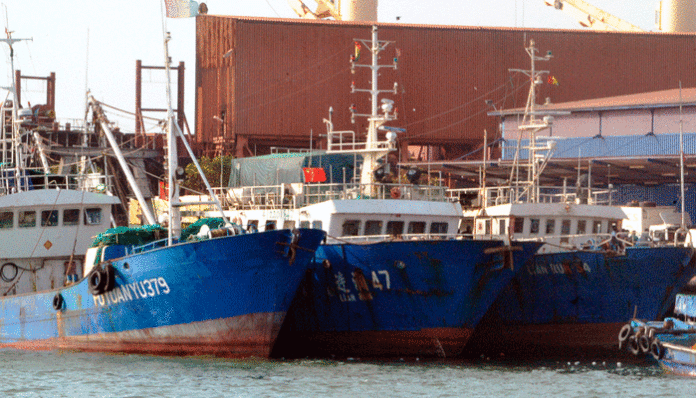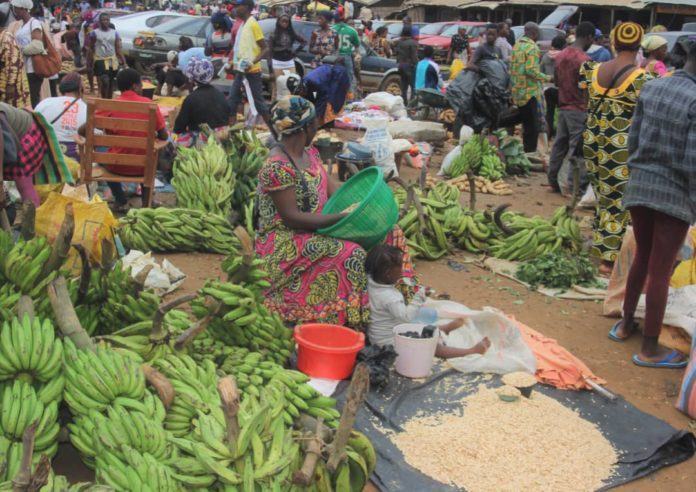Some citizens of Pramso in the Bosomtwe District of the Ashanti, have petitioned the Asantehene, Otumfuo Osei Tutu II, over the destruction of their farmlands.
U.S. supports Shea Parkland Restoration Initiative and women’s economic empowerment.
The United States Government, through the U.S. Agency for International Development (USAID), and the Global Shea Alliance (GSA), Wednesday, launched the Action for Shea Parklands (ASP) initiative, under which 20,000 shea trees will be planted in Ghana this year.
COCOBOD develops high resistance hybrid seedlings.
The Ghana Cocoa Board (COCOBOD) is focusing on mitigating the cocoa swollen shoot disease in its research activities, Food and Agriculture Minister, Dr. Owusu Afriyie Akoto announced on Wednesday.
Need to promote local consumption of cashew in Ghana-Coordinator.
Mr. Sylvester de Clercq Mensah, the Cashew Regional Coordinator for the Upper Zone, has called for the promotion of the local consumption of cashew in the country.
Benefits of Cocoa Consumption: Powerful Anti-Cancer Effects Of Cocoa.
An estimated 18 million cases of cancer were reported around the world in 2018, of which 9.5 million cases were in men and 8.5 million in women.
Farmers urged to adopt modern agricultural practices.
Farmers have been urged to adopt good agricultural practices which include the use of appropriate planting materials, good agronomical practices to increased sustainable food production.
Three New Chinese Trawlers Are on Their Way to Africa as Part of a Global Expansion of China’s Distant Fishing Fleet.
China’s notorious distant fishing fleet appears to be undertaking a major global expansion, particularly into Africa’s already over-fished waters.
Prices of foodstuff to go down this month – ESOKO Ghana predicts.
Commodity Analyst, Esoko Ghana, says the prices of some foodstuff are likely to see a further reduction in the month of August.
I expect food shortage in Ghana but strong agric sector can rescue us – Akwetey.
Executive Director of the Institute of Democratic Governance (IDEG) Dr. Emmanuel Akwetey has said he expects a shortage of food items including rice and tomatoes because the country is no longer importing these commodities as it used to before the outbreak of the coronavirus pandemic.
Must Read: China’s invasion on Africans fishing territories.
China appears to be launching a significant expansion of its distant water fishing fleet around the world and most notably in Africa.














